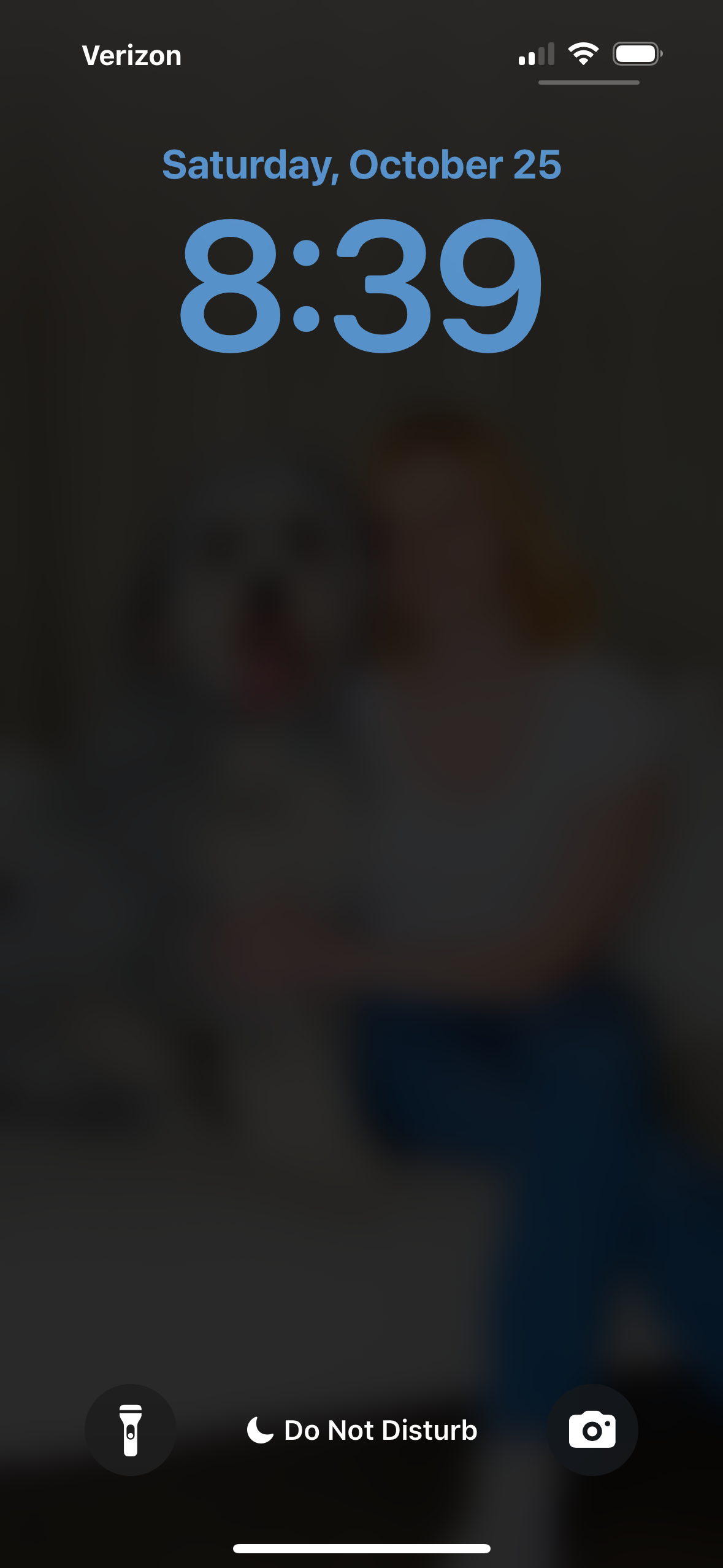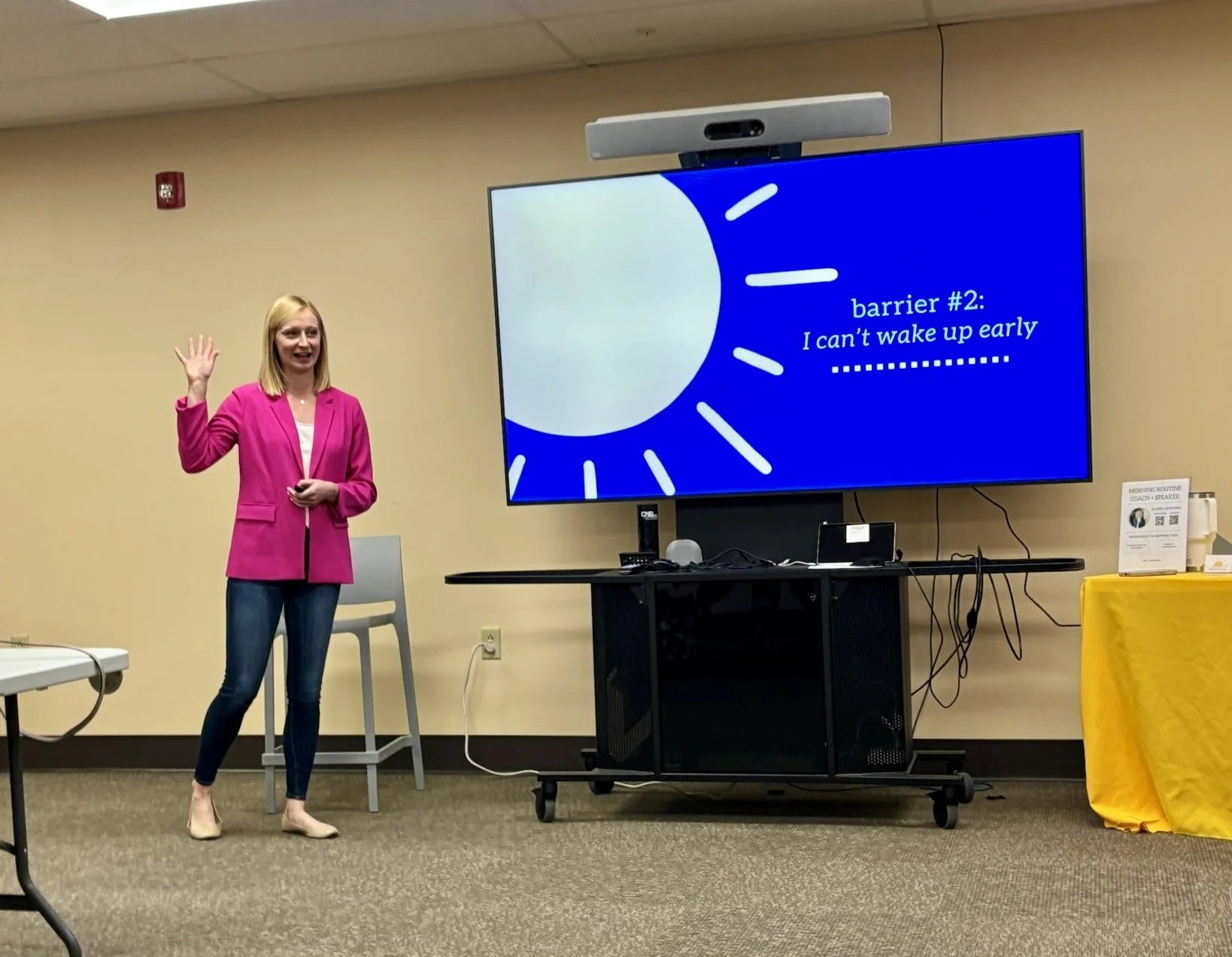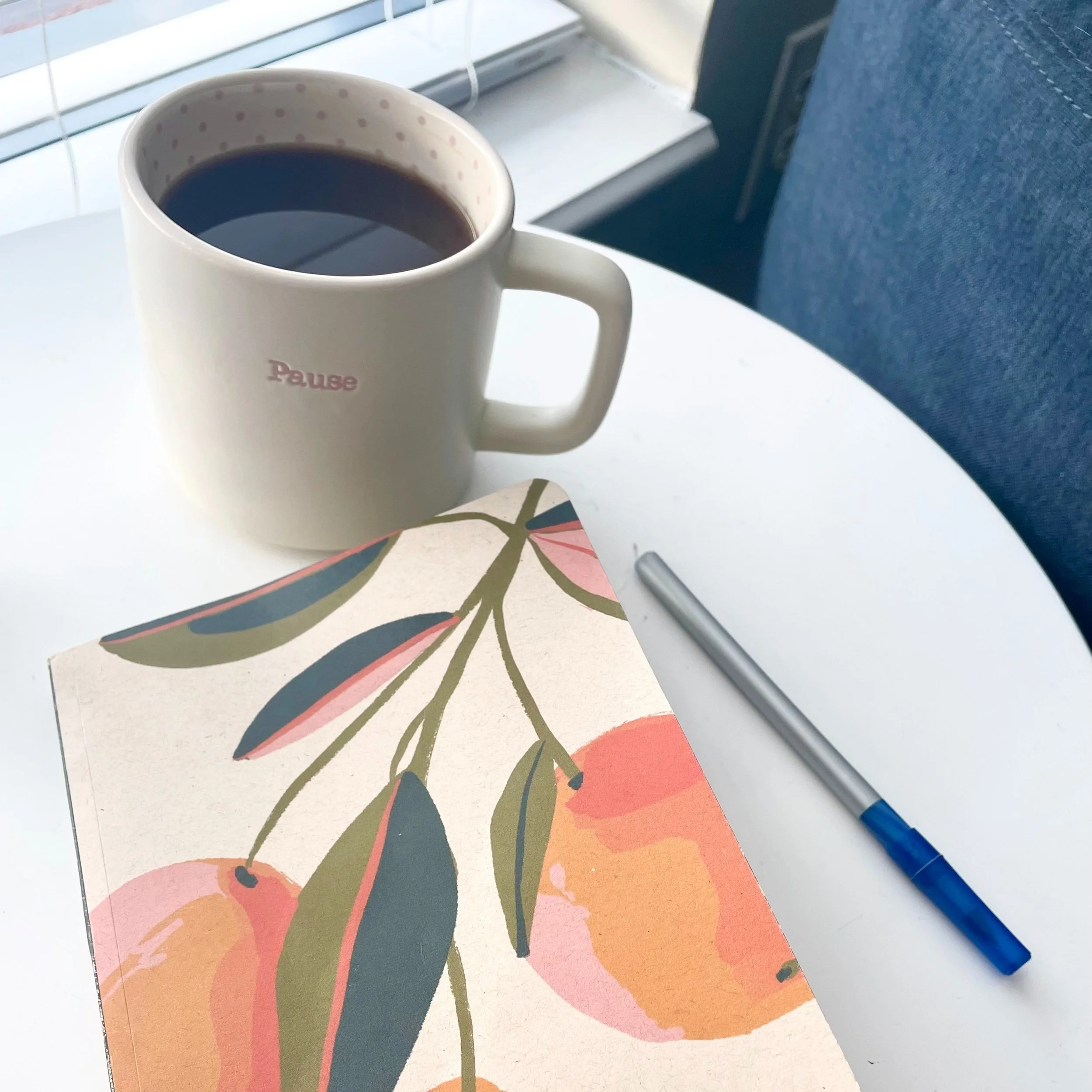You may think work starts when you open your laptop - but sometimes it starts before you even get out of bed.
Have you been in this scenario?
Alarm goes off, maybe hit snooze, 1st thing you do is grab your phone
You see there is a work email on your Lock Screen
You click on it, read it, and then check the rest of your emails
Work has now started before you’ve even gotten out of bed…all because a work email popped up on your Lock Screen.
Maybe you’re glad it popped up because the project you’re on at work is time sensitive… and requires all your energy and all your time and nothing else in your life is important right now.
BUT - there is a chance that is not the case.
—
If you want to take control of your time and attention, and YOU be the one to decide how your day starts -
Here are 3 steps to a phone-free morning routine:
(these steps are for iPhone, but they’re very similar for Android)
1) Go to Settings → Focus → Do not disturb
This will turn off all of your notifications for a certain period of time. Your Lock Screen will look like this.
2) Under allowed notifications
Select who is the EXCEPTION and can contact you when on Do Not Disturb. Be really intentional about who this is.
For a lot of people, this is a spouse, elderly parent, or child.
People → Add your personal contacts (family, friends).
Apps → Add messaging apps you want (iMessage, WhatsApp, etc.).
3) Schedule → Set start/end time
This is the time the Do Not Disturb is enabled.
Ex: 9:00 PM → 7:00 AM
This could be your bedtime → end of your morning routine so you don’t go to bed or wakeup with notifications popping up.
Below is a video of the 3 steps:
Enabling Do Not Disturb can be the difference between you deciding how your day starts and someone else deciding for you.
So what will you choose?









